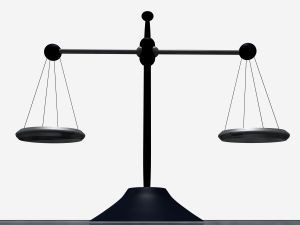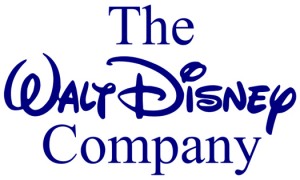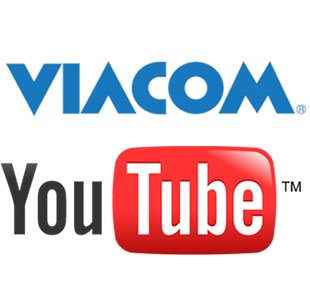 On Monday, in the shadow of then-Hurricane (now-Superstorm) Sandy, the U.S. Supreme Court heard oral arguments in Kirtsaeng v. John Wiley & Sons, Inc., a case involving the applicability of U.S. copyright law to copies of works created and legally acquired abroad and subsequently imported into the United States.
On Monday, in the shadow of then-Hurricane (now-Superstorm) Sandy, the U.S. Supreme Court heard oral arguments in Kirtsaeng v. John Wiley & Sons, Inc., a case involving the applicability of U.S. copyright law to copies of works created and legally acquired abroad and subsequently imported into the United States.
In the case, Supap Kirtsaeng, a college student from Thailand studying in the United States, launched a small online business selling textbooks. His family in Thailand bought foreign edition textbooks printed by Wiley Asia and mailed them to Kirtsaeng. Kirtsaeng then sold the textbooks online on sites such as eBay.com and reimbursed his family for the costs of purchase and shipping, retaining the remaining profits from the sale.
John Wiley & Sons subsequently sued Kirtsaeng in the U.S. District Court for the Southern District of New York, alleging copyright infringement, trademark infringement, and unfair competition under New York state law. As to the copyright claim, the district court judge determined that the language in 17 U.S.C. § 109(a), known as the “first sale doctrine,” does not include copyrighted goods manufactured abroad.

 Last week, Sprint filed several requests for the issuance of subpoenas in the U.S. District Court for the Northern District of California. The purpose of the subpoenas, according to the declarations accompanying them, is to reveal the identity of one who identifies him/herself as a ‘mole’ or insider in the company who may be violating Sprint’s copyright. The mystery mole has a Gmail account, as well as accounts on
Last week, Sprint filed several requests for the issuance of subpoenas in the U.S. District Court for the Northern District of California. The purpose of the subpoenas, according to the declarations accompanying them, is to reveal the identity of one who identifies him/herself as a ‘mole’ or insider in the company who may be violating Sprint’s copyright. The mystery mole has a Gmail account, as well as accounts on  Judges know fair use and parody when they see it. Especially when it comes to
Judges know fair use and parody when they see it. Especially when it comes to ![[Onward_Replacement_Image] 6.5.12_Marino_CLE_lawsuit_accuses](https://lawblog.justia.com/wp-content/uploads/2015/05/Onward_Replacement_Image-6.5.12_Marino_CLE_lawsuit_accuses1-300x300.jpg)
 Today Oracle asked U.S. District Court Judge William Alsup to sidestep whatever verdict the jury ultimately reaches in the company’s Java code
Today Oracle asked U.S. District Court Judge William Alsup to sidestep whatever verdict the jury ultimately reaches in the company’s Java code  Disney’s new copyright infringement lawsuit against an alleged eBay purveyor of counterfeit movies appears to be dispensing advice from Aladdin’s
Disney’s new copyright infringement lawsuit against an alleged eBay purveyor of counterfeit movies appears to be dispensing advice from Aladdin’s 


 Watch out, Facebook users. Mark Zuckerberg’s social network giant recently modified the company’s S
Watch out, Facebook users. Mark Zuckerberg’s social network giant recently modified the company’s S